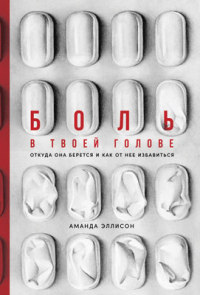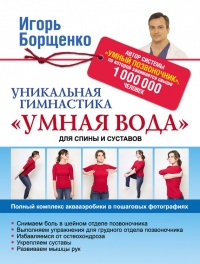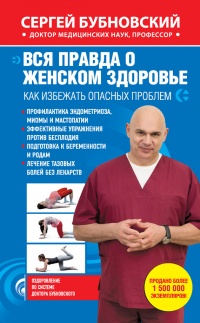Книга Что скрывают противозачаточные. Как вернуть контроль над своими гормонами за 30 дней - Джолин Брайтен
На нашем литературном портале можно бесплатно читать книгу Что скрывают противозачаточные. Как вернуть контроль над своими гормонами за 30 дней - Джолин Брайтен полная версия. Жанр: Книги / Медицина. Онлайн библиотека дает возможность прочитать весь текст произведения на мобильном телефоне или десктопе даже без регистрации и СМС подтверждения на нашем сайте онлайн книг knizki.com.
Шрифт:
-
+
Интервал:
-
+
Закладка:
Сделать
Перейти на страницу:
Перейти на страницу:
Внимание!
Сайт сохраняет куки вашего браузера. Вы сможете в любой момент сделать закладку и продолжить прочтение книги «Что скрывают противозачаточные. Как вернуть контроль над своими гормонами за 30 дней - Джолин Брайтен», после закрытия браузера.
Книги схожие с книгой «Что скрывают противозачаточные. Как вернуть контроль над своими гормонами за 30 дней - Джолин Брайтен» от автора - Джолин Брайтен:
Комментарии и отзывы (0) к книге "Что скрывают противозачаточные. Как вернуть контроль над своими гормонами за 30 дней - Джолин Брайтен"
























